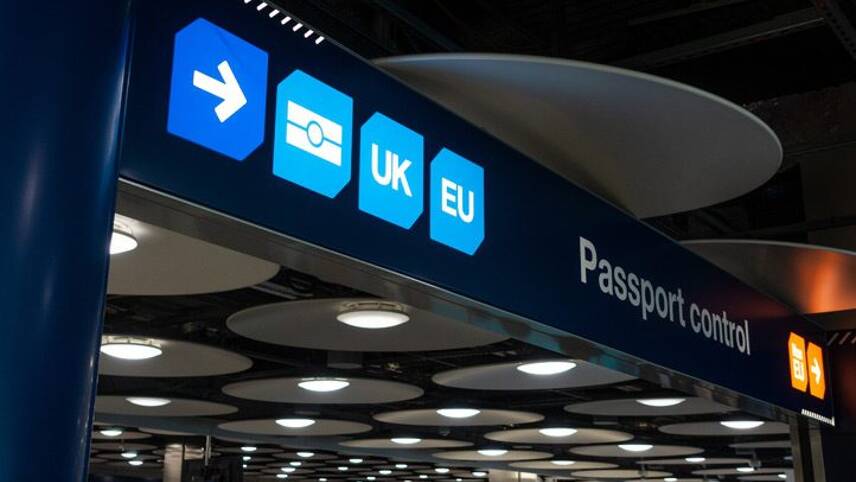Register for free and continue reading
Join our growing army of changemakers and get unlimited access to our premium content

A major concern for policymakers is the risk that businesses and industry will up sticks if the costs are too high
Both sides have now published their negotiating mandates and set the red lines they intend to stick to over the next few months of talks. Among the many issues on the table are green standards and climate policies.
At a conference at the European Parliament on Wednesday (26 February), EU chief negotiator Michel Barnier urged the UK to commit to strict benchmarks as part of the planned agreement.
“A modern trade agenda is about more than economic exchanges and commercial opportunities. Modern trade is sustainable trade,” Barnier, a former French environment minister, said.
The UK will host the annual COP climate summit in the Scottish city of Glasgow in November, just one month before the 31 December deadline for a deal and the end of the Brexit transition period.
Barnier asked: “how credible would we be going into the next COP26 meeting, for instance, if our future agreement allows business to cut corners on environmental and social rights for the sake of gaining market shares?”
Prime Minister Boris Johnson’s government has pledged not to backslide on green standards and has even brought forward a phase-out date for new petrol and diesel car sales.
The UK is also one of the first major economies to set a net-zero greenhouse gas emissions target for 2050 but promises are not enough, according to the French negotiator.
“We are ready to believe that the UK will not engage in a race to the bottom, that it will not seek to undermine EU standards,” Barnier said, adding that he is not convinced the UK will become a ‘Singapore-on-Thames’ based around low tax and low regulation.
“But that means it should not be a problem for the UK to agree on a number of ground rules,” he concluded, after a speech in which he stressed that the geographic proximity of Britain means a trade deal will be complex to broker.
Brussels’ vested interest
The EU has good reason to prioritise environmental norms, as the new European Commission has built its shop window around the flagship Green Deal initiative, mostly aimed at making the bloc carbon neutral by 2050.
A major concern for policymakers is the risk that businesses and industry will up sticks if the costs are too high and set up shop outside the EU’s regulatory control. Barnier’s worries over British “geographic proximity” are particularly relevant in this case.
To safeguard against so-called ‘carbon leakage’, the EU’s negotiating mandate insists the UK “maintains a system of carbon pricing of at least the same effectiveness and scope as provided by the common standards”.
Britain will leave the bloc’s carbon market, the ETS, after the transition period and plans to set up its own system. As stricter green targets are predicted to increase the price industries must pay to pollute, a gap between the two parties could develop.
In the British negotiating mandate, the government says it “is committed to carbon pricing as a decarbonisation tool” and agrees with the EU’s idea that the two systems could be linked in the future, similar to what Switzerland achieved earlier this year.
But the UK guidelines do not explicitly mention harmonisation of price per tonne of carbon and that lack of clarity has already led to suggestions that the EU could deploy a new trade defence tool against Britain if the situation spirals out of control.
French MEP Pascal Canfin said in January that a carbon border tax could be used against the UK if a gap in pricing appears. The so-called carbon border adjustment mechanism is still on the Commission’s drawing board and is only set to debut next year.
Johnson’s government insists that it will not request a two-year extension to the transition period in order to nail a full trade deal and has even threatened to walk away from the table in June if there is not sufficient progress.
The first round starts Monday afternoon in Brussels and will run until Thursday.
Sam Morgan, EurActiv.com
This article first appeared on EurActiv.com, an edie content partner


Please login or Register to leave a comment.